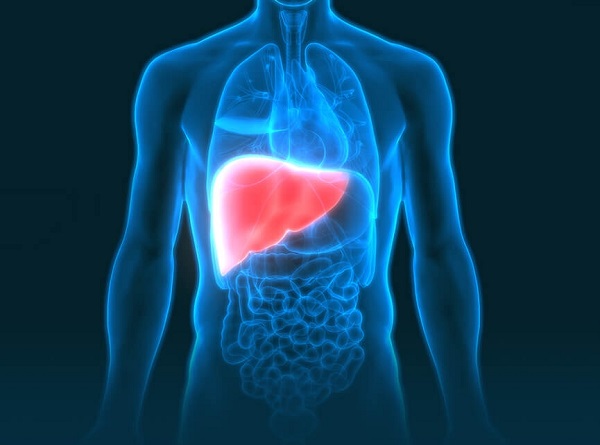New Delhi, (Samajweekly) While Covid-19 is associated with higher mortality among patients who have co-morbidities, it is scarce among post-liver transplant recipients, finds a study led by Max Super Speciality Hospital, Saket.
Typically, Covid-19 is associated with higher mortality among patients who have co-morbidities or pre-existing medical conditions such as obesity, diabetes, coronary artery disease, chronic kidney disease, and non-alcoholic fatty liver disease. Initial studies have also suggested that patients on immunosuppressive medications, such as liver transplant recipients, are at increased risk of severe Covid-19 and mortality.
But the findings showed that “uncomplicated liver transplant recipients without co-morbidities who acquire SARS-CoV-2 do not have poor outcomes”.
The study was conducted on 2,182 adult Indian patients who had undergone liver transplantation at the hospital’s Centre for Liver and Biliary Sciences since 2006 and on regular follow-up. Data were recorded related to symptoms and diagnosis of Covid-19, need for hospitalisation, and need for ICU stay and mortality.
As many as 81 of the 2,182 adult liver transplant (LT) recipients reported SARS-CoV-2 infection between April 1, last year and May 31, 2021. Thirty five patients had one or more co-morbidities.
Twenty one patients underwent transplants less than one year ago. Forty four (54.3 per cent) patients had mild disease only, while 23(28.4 per cent) patients had severe Covid-19 disease. Of the 81, 14 patients died and overall mortality was 17.3 per cent.
However, true seroprevalence in the general population is likely to be much higher due to under-testing and a large proportion of asymptomatic cases.
Deaths were more common in patients with co-morbidities and advanced age. Presence of diabetes mellitus and chronic kidney disease has been strongly associated with poor outcomes in individuals with SARS-CoV-2 infection. Thus, rather than the post-liver transplantation status, it was the presence of co-morbidities, or other risk factors such as advanced age which may have been responsible for mortality, the study showed.
“In our study, all patients except one who died had received a liver transplant more than a year ago. After 1-year of transplantation, dose of immunosuppressive medication is usually significantly reduced and therefore the cytokine storm may not be ameliorated. In the study population, Covid-19-related mortality was 17.3 per cent which is comparable to the 18.2 per cent mortality seen in older patients with co-morbidities,” Dr Subhash Gupta, Chairman of Centre for Liver and Biliary Sciences at Max.
“Our study suggests that uncomplicated liver transplant recipients who acquire SARSCoV-2 do not necessarily have a higher mortality as compared to similar non-transplanted populations. However, more studies are needed with larger patient populations and matched control groups to reach a firm conclusion,” he added.
The study also acknowledged limitations such as the study did not compare mortality in liver transplant recipients with immuno-competent matched Covid-19 patients.
Further, they could also not study the impact of individual co-morbidities on mortality due to the limited number of patients.










